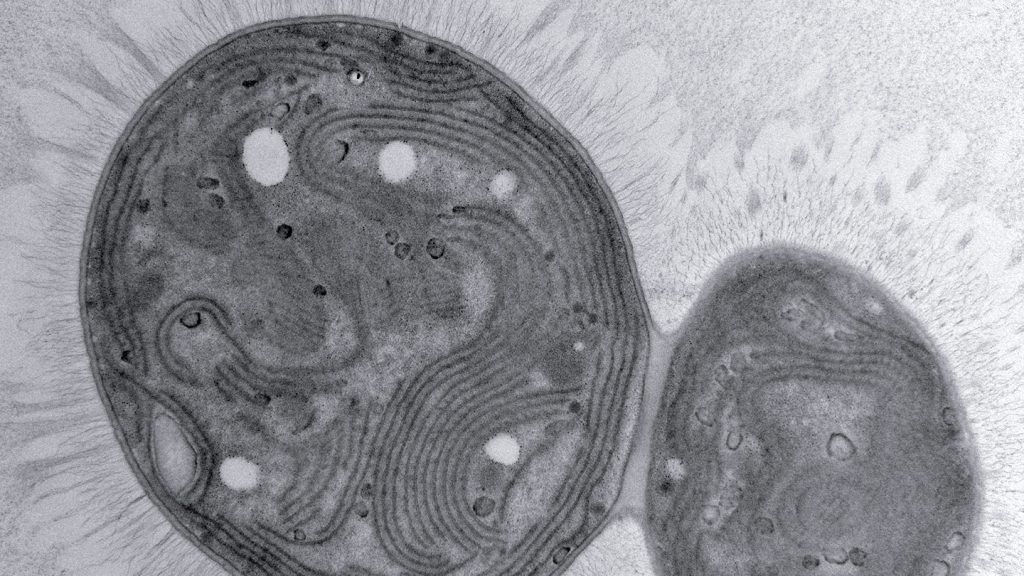Researchers have discovered a new mutant strain of cyanobacteria, named Chonkus, that could have promising implications for fighting climate change. Named by the researchers who found it, Chonkus was discovered in the sunlit waters off the coast of Italy’s Vulcano Island, in an environment that was suspected to contain photosynthesizing, carbon-consuming microbes. This strain, a mutant of Synechococcus elongatus, shows unique traits that make it potentially useful for carbon sequestration in the ocean. Chonkus has larger cells and colonies than other cyanobacteria, and it contains more carbon, stored in white granules within its cells. It also sinks rapidly to the bottom of a test tube, suggesting it could effectively sequester carbon away from the atmosphere.
Chonkus’ ability to absorb more carbon and sink rapidly to the ocean floor could make it a valuable asset in the fight against climate change. By sequestering carbon quickly, Chonkus may be more effective than other cyanobacteria at removing carbon dioxide from the atmosphere. This discovery also raises the possibility that there may be other rare and useful organisms in carbon dioxide-rich seeps into ocean waters that could aid in marine carbon dioxide removal. As efforts to mitigate climate change intensify, the discovery of organisms like Chonkus could play a crucial role in developing effective strategies for reducing carbon dioxide levels in the atmosphere.
The mutant strain of cyanobacteria was found in an environment enriched with volcanic gas-rich groundwater, which may have contributed to the unique traits displayed by Chonkus. Researchers suspect that this environment may harbor other beneficial organisms that could be harnessed for marine carbon dioxide removal. By exploring these carbon-rich seeps, scientists may uncover more species that have the potential to help address the challenges posed by climate change. This discovery highlights the importance of studying and understanding the diverse organisms that inhabit our oceans, as they may hold the key to developing innovative solutions for tackling global environmental issues.
Chonkus’ rapid sinking to the ocean floor suggests that it has the potential to sequester carbon more effectively than other cyanobacteria. This trait makes it a promising candidate for carbon sequestration efforts, as it could help remove significant amounts of carbon dioxide from the atmosphere and store it in the deep sea. The researchers behind the discovery believe that organisms like Chonkus could be crucial allies in the battle against climate change, offering hope for a future where innovative biotechnologies play a vital role in reducing greenhouse gas emissions and mitigating the impacts of global warming.
The study’s findings underscore the importance of exploring and studying the diverse microbial life in our oceans, as these organisms may hold valuable insights and solutions for addressing pressing environmental challenges. By uncovering unique strains of cyanobacteria like Chonkus, researchers are opening new pathways for developing innovative technologies that harness the natural processes of these organisms to benefit the environment. As the world grapples with the impacts of climate change, discoveries like Chonkus offer a glimmer of hope for a future where nature’s own solutions can be harnessed to combat the escalating crisis. With continued research and investment in environmental conservation, we may unlock even more potential in our oceans to support a sustainable and resilient future for generations to come.


